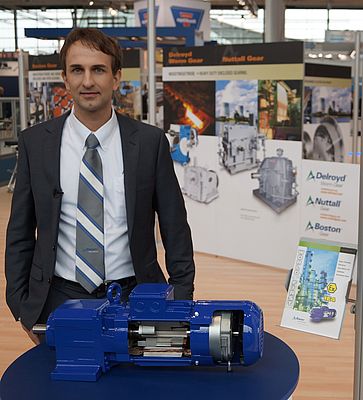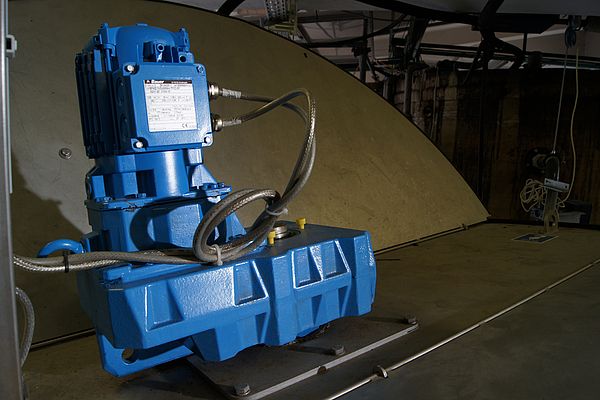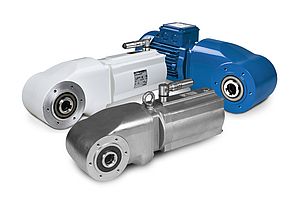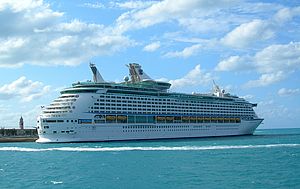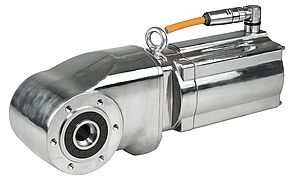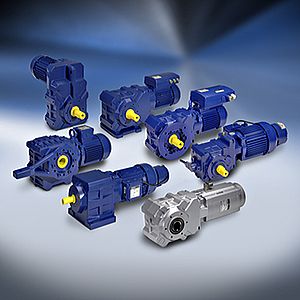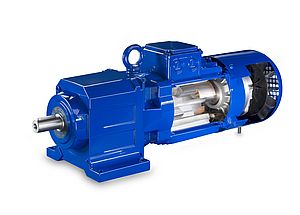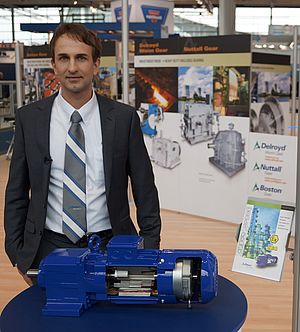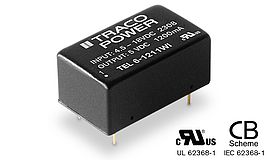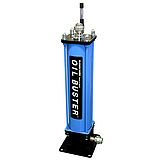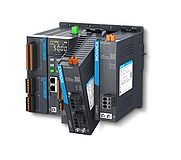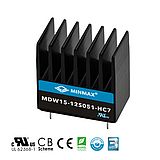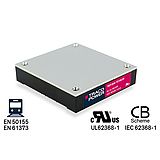If an application requires a motor to operate rarely, users just want the cheapest machine they can buy that will be reliable in that application. IE2 is intended to make sure that motors being supplied into these conditions meet a minimum standard of efficiency.
IE4 is something many manufacturers are talking about and fewer are actually delivering. There is a cost premium to these motors, but the market uptake is not being driven by legislation, rather by shear economics. For a small to medium sized electric motor that is running close to capacity for the majority of the time, used in a continuous manufacturing process for example, then the additional investment in terms of purchase cost is quickly outweighed by the energy saving.
Motors that meet IE4 energy efficiency standards, are usually permanent magnet arrangements, where the permanent magnets maintain their own persistent magnetic fields and are generally made from rare earth metals. Conversely, the materials are not particularly rare, they just happen to come from the class of metals known as rare earth metals. They are, however, more expensive to manufacture and significantly more powerful than standard magnets. When used in a motor application, the motors usually require an inverter drive to power the motor, but the efficiency can be very high, of the order of 96%.
This is not just conjecture; an end user in Germany carried out a direct product comparison test to see how Bauer’s IE4, super premium efficiency Permanent Magnetic Synchronous Motors (PMSM) performed against a standard asynchronous motor. The test was carried out on a Hüber disc thickener at a wastewater treatment plant in Germany in partnership with inverter drive specialist Danfoss. Once installed the motor from Bauer was found to operate with 87.7% efficiency and delivered energy savings of almost 40%.
Markus Kutny, product specialist for Bauer Gear Motor PMSM, comments: “In today’s market energy efficiency has to be one of the key determining factors when specifying geared motor solutions. Energy prices are only going to go one way so it is important that a drive’s lifelong running costs are considered; rather than simply the cost of procurement. We have developed the new motor range in anticipation of the new IE4 classification and to offer our customers the very best in terms of efficiency.”
Bauer Gear Motor’s range of PMSM's already fulfil the requirements of the soon-to-be-implemented IE4 (Super Premium Efficiency) classification. This is evidenced by their potential to achieve energy savings of up to 40% compared to an IE2 inverter-driven squirrel cage motor.
The PMSM series is an environmentally friendly range of motors, employing a highly efficient design of rotor that integrates embedded permanent magnets made from the rare-earth material, instead of the squirrel-cage rotor found in induction motors. This design offers a number of key benefits. It reduces heat losses from the rotor by 100%, total losses by approximately 25%, and increases total efficiency by 10% or more. For the PMSM user, this improved performance translates into lower total cost of ownership, a reduction in CO2 emissions, and ongoing savings that buffer against future increases in energy costs.


